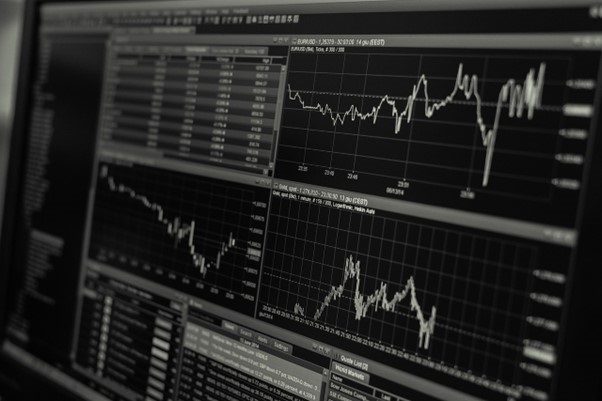The Muslim population in Australia is expanding rapidly. While Muslims still only represent just over 3.2% of the population, that figure has increased significantly over the last decade. We saw a 27% jump between 2011 and 2016 and an increase of around a third from 2016 to 2021. It puts the current population of Australian Muslims at over 800,000. A minority, yes, but not an insignificant one. Like the rest of the population, Australia’s Muslims are diverse in background and lifestyle. But like the rest of the population, Muslims are increasingly interested in financial trading.
There has been a retail trading boom in Australia across the last two decades. It was started by the rise of fintech trading and investing platforms in the late 2000s and 2010s, but other factors, such as the COVID-19 pandemic and the surge in interest in cryptocurrencies, acted as important catalysts as we reached the 2020s. Yet, there are certain considerations for practicing Muslims when it comes to trading and investing, and Australian financial businesses have had to take that into account in order to capture a growing demographic.
Sharia-compliant trading accounts in Australia
The upshot is that, yes, there are specialist Sharia-compliant Islamic online trading accounts offered by leading Australian brokers like AvaTrade. They allow Muslim traders and investors to access financial trading products without compromising their faith. This is, of course, not limited to Australia. Globally, there is a push to meet the needs of Muslims who wish to access trillions of dollars worth of financial products.
Islamic trading accounts are not fundamentally different from non-Islamic accounts. Practicing Muslims still get access to a broad range of financial assets and trading products. However, there are certain rules for compliance. We can look at some of the broad rules below:
- Interest on loans. Perhaps the most important consideration for Sharia-compliance in trading. To be compliant, a trading account must prohibit the use of “riba” (effectively interest on a loan). In trading, this could be in the form of SWAPs, a type of fee paid on forex markets when options are left open for more than a day. As such, specialist Islamic accounts with brokers like AvaTrade are not subject to SWAPs fees.
- Halal Trading. In Sharia-compliant trading, the underlying financial asset must be considered halal. At times, this is abundantly clear. For example, we can cite several types of sectors that are considered haram, including alcohol, tobacco, gambling, adult film, pork, weapons, and cloning. The trading of company stocks representing these sectors would be seen as non-compliant with Sharia law.
- Physically backed Assets. It gets more complex when we consider the trading of commodities like gold, silver, and oil. Technically speaking, they need to be backed by the underlying physical asset to be compliant with Islamic trading regulations, although, in practice, it can be a little more complex than this. That said, specialist investment products have popped up to support this, including Sharia-compliant gold ETFs.
Personal Choices in Islamic Trading
It’s important to point out that while Sharia-compliant trading rules have largely been codified, an element of personal choice remains. Often, Islamic financial traders will set their own parameters as to what they deem haram. A specialist account can help traders keep within the current boundaries, but there will always be personal choices in trading and investing. Some financial products can be complex, and it’s not always easy to untangle that complexity in terms of compliance with Islamic teaching, or other religions for that matter.
Beware of the Pitfalls
As hinted earlier, Sharia-compliant trading has become an important sector globally. However, there are always going to be bad actors wanting to capitalise on the demand from Muslims for compliant trading tools and products. For instance, we have seen several Islamic cryptocurrency projects pop up that purport to be Sharia-compliant, but these are, in reality, marketing techniques and could even be scams to specifically target Muslims. The best rule of thumb is to only trade with brokers that are licensed in Australia or your country of residence.
<iframe width=”560″ height=”315″ src=”https://www.youtube.com/embed/zb_kW4-ECA0?si=nWJU0hubSgM_aiv6″ title=”YouTube video player” frameborder=”0″ allow=”accelerometer; autoplay; clipboard-write; encrypted-media; gyroscope; picture-in-picture; web-share” allowfullscreen></iframe>
Why Sharia-Compliance Matters in Finance
Regardless if you are a practicing Muslim or not, it’s important to recognise that financial investing and trading form part of a vast global ecosystem. Assets like gold, Bitcoin, and oil do not pay heed to international borders. Islamic trading platforms do not compete with the established global ecosystem; they enrich it. For many Muslims, it is a personal choice over how they trade and invest, something personal to their own faith. But for those who wish to have the architecture to trade with Sharia compliance, then those tools and services are becoming more widely available and established with the global financial system.

















